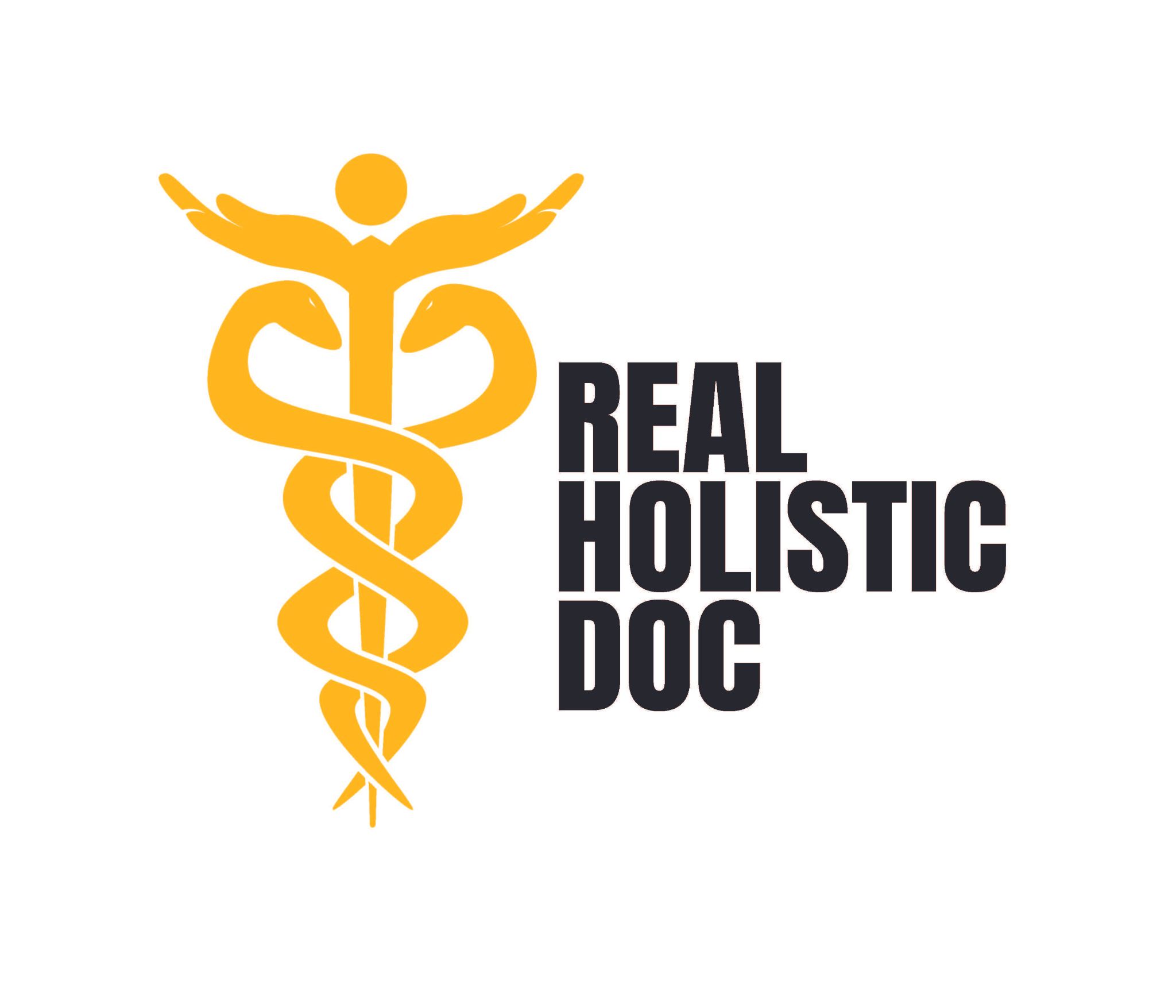MELATONIN, GERD & SLEEP
C. Norman Shealy, M.D., Ph.D.
The average American now sleeps only about 5 ?hours per night, compared with 10 hours just 200 years ago! There is clear evidence that a vast majority of people NEED 7 to 9 hours of sleep. Ordinarily, in a majority of people, blood levels of serotonin peak between 6 and 8 AM and reach their lowest level around 10 PM.. Melatonin, which is derived from serotonin, reaches its peak about 10 PM and is lowest around 6 AM. This represents the normal diurnal pattern. Bright light at night interferes with this cycle, as do caffeine and stress.
Considering the remarkable increase in the incidence of GERD, is it possible that inadequate sleep blocks both melatonin production and increases the incidence of GERD? There is considerable evidence to support such a theory. As with all neurochemicals, the gastrointestinal tract produces melatoninin fact, 400 times as much as does the pineal!
Individuals with primary insomnia, breast cancer, prostate cancer, as well as those with GERD, have low levels of melatonin. Melatonin supplementation has been found to improve immune function, ADHD, jet lag, insomnia, depression and even GERD. The dosage for treatment of GERD is rather high 6 to 10 mg. And the major study demonstrating an effect included a variety of co-factors, such as 5-HTP, niacin and B 6. Nevertheless, in that study 100 percent of patients were free of GERD compared with only 66% with Prilosec. Considering the potential risks of long term Prilosec—B 12 deficiency, H. pylori infections and other infections which are more common when hydrochloric acid is suppressed, etc, it seems reasonable to consider a trial of melatonin for GERD. In general, I think the timed release melatonin is far superior. It is available at www.selfhealthsystems.com, 888-242-6105. I recommend that you be sure you are obtaining adequate B complex as in Dr. sHEALys Essentials. Start with 2 or 3 mg of melatonin at bedtime and work up to 6 mg, as long as it does not leave you sleepy during the day! Personally I would add 1000 mg of taurine at bedtime and if no improvement is seen within a couple of weeks I would add Tryptophan, 1000 mg.
Remember, improved sleep improves immune function, memory, and overall health. If it allows you to replace proton pump inhibitors, such as Zantac ?and Prilosec, and controls your GERD, then it is a golden key to better health!
Sleep perhaps to dream—and be free of GERD!
?
